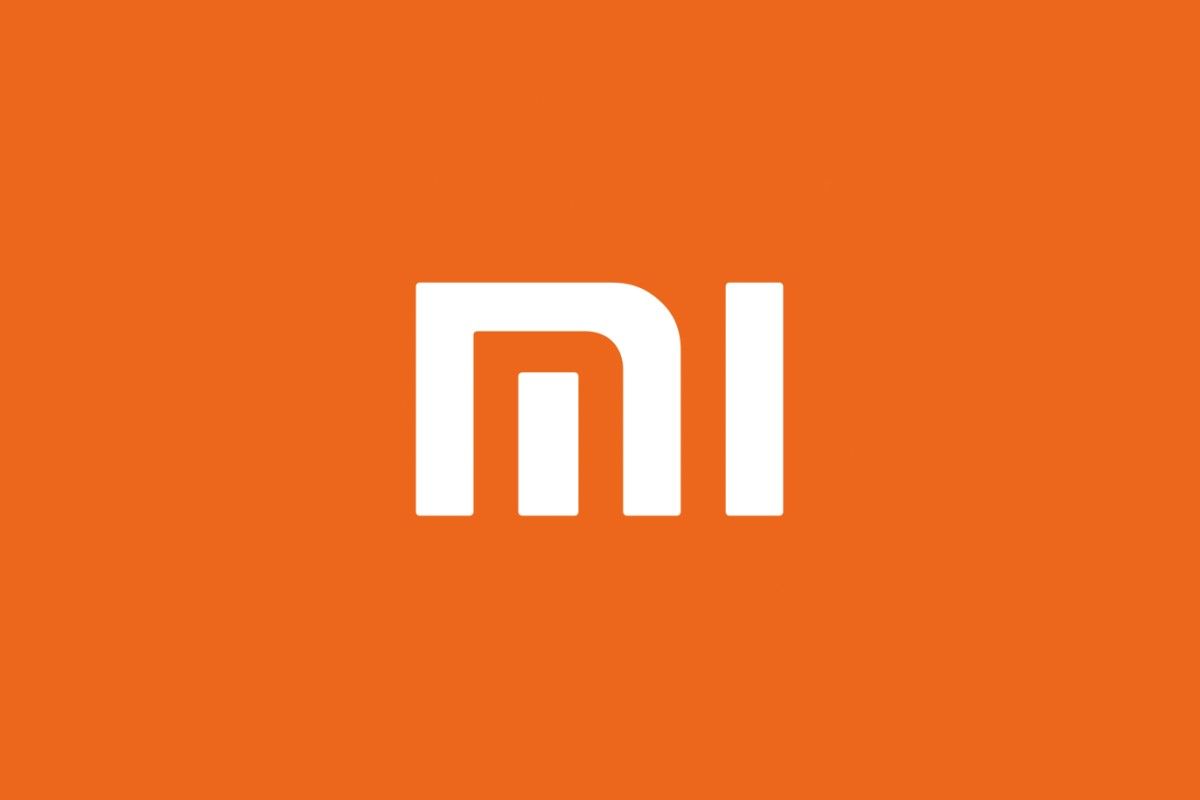After briefly losing its pole position to Huawei in Q2 2020, Samsung has reclaimed its spot as the #1 smartphone vendor globally in Q3 2020. As per the latest smartphone market research reports from Counterpoint Research, IDC, and Canalys, the South Korean giant shipped close to 80 million smartphones in the quarter and captured a market share of around 22%. While Samsung's resurgence was expected, given the current state of affairs for Huawei, we weren't expecting to see Xiaomi overtake Apple to take the third spot on the list. Even though all three reports offer slightly different figures, the top four positions are consistent across the board with Samsung at the first spot, Huawei at the second, followed by Xiaomi, and then Apple.
According to Counterpoint Research, Xiaomi shipped 46.2 million devices in the third quarter with a market share of 13%. IDC claims that the Chinese OEM shipped 46.5 million units in the time period and captured a 13.1% market share. And finally, according to Canalys, the company shipped 47.1 million handsets with a market share of 13.5%. On the other hand, Apple shipped 41.7 million devices and had a market share of 11% as per Counterpoint Research. IDC reports that the Cupertino giant shipped 41.6 million devices with a market share of 11.8%, and according to Canalys, the company shipped 43.2 million devices with a market share of 12.4 %.
Overall, smartphone shipments grew exponentially in Q3 2020 compared to the previous quarter, with the Indian market clocking the highest-ever shipments in a single quarter. As per a separate report from Counterpoint Research, Indian smartphone shipments grew 9% YoY to reach over 53 million units in the quarter, and Samsung took the top spot in the country with a 24% market share and 32% YoY growth. However, Canalys claims that the Indian market saw an 8% YoY growth with Xiaomi still in the pole position.
But while the exact figures published in these reports are slightly different, both reports suggest that Samsung recaptured a large portion of the country's market share from Xiaomi. This could be because there was a strong anti-China sentiment in India in the early months of Q3 2020, and there was a citizen's call to boycott Chinese brands. But while the anti-China sentiment may have helped Samsung to some extent, we haven't seen any major impact on Chinese brands' market share as a whole. Chinese OEMs still control a combined 74% of the Indian smartphone market.

